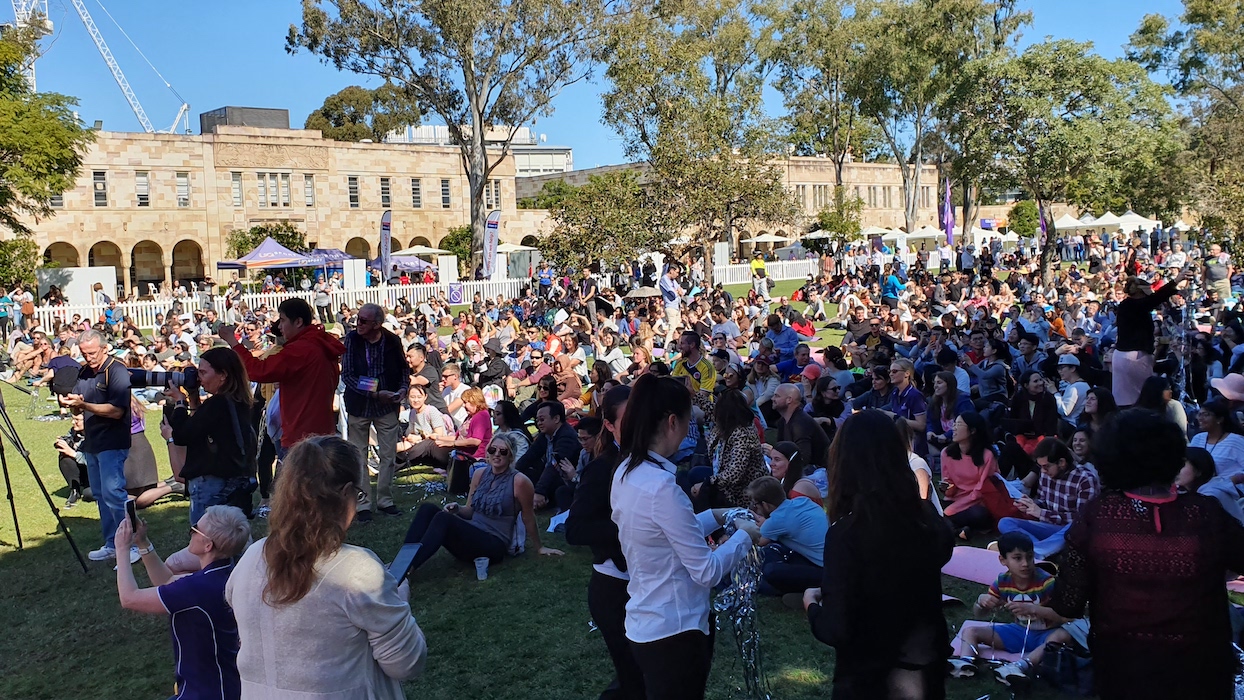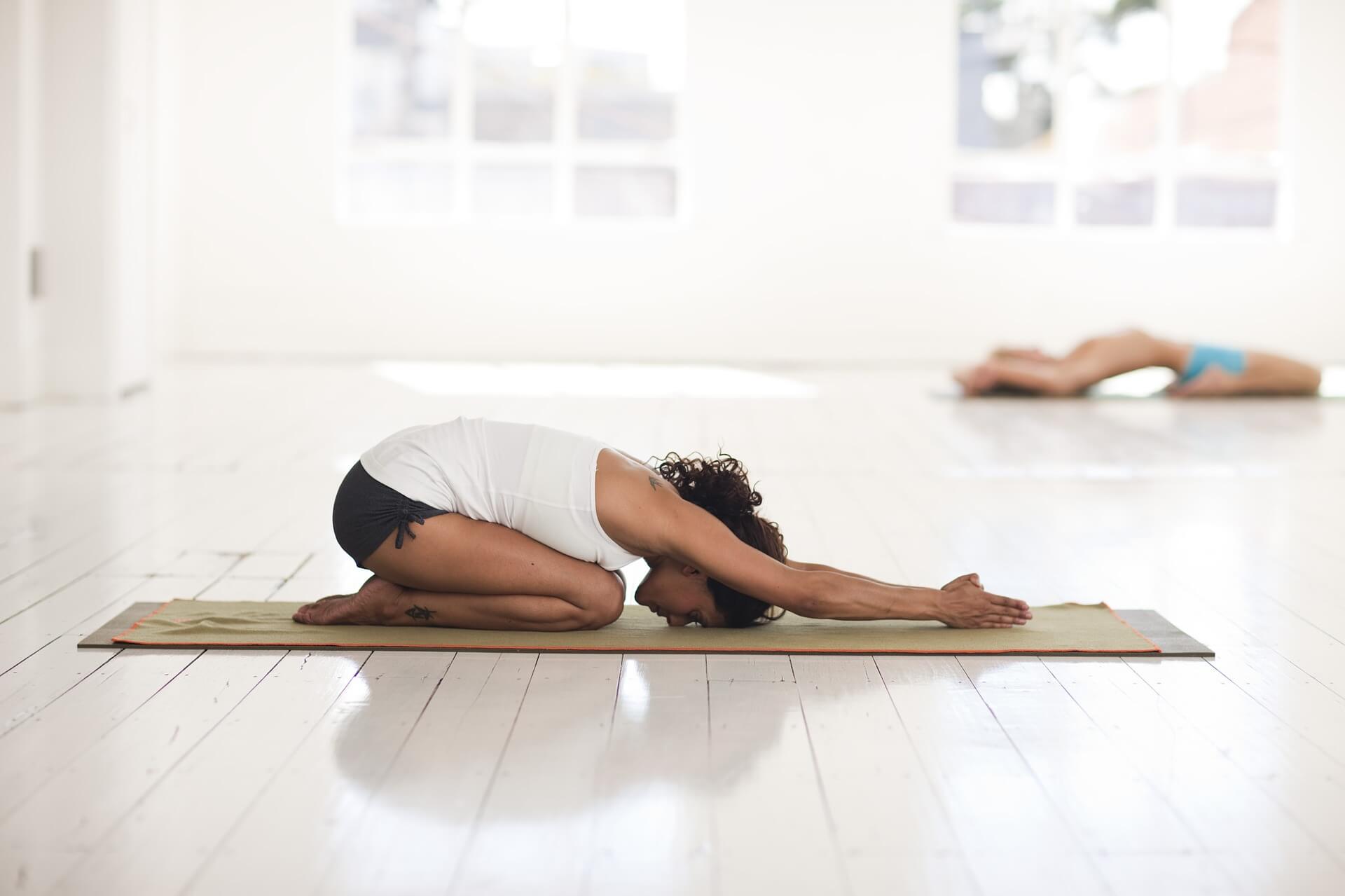The Inevitability of Change - Learning to be in the Moment
By Ms Ali V Flint
They say “the only things certain in life are death and taxes”, but there’s another - the inevitability of change. The fact that nothing stays the same is something that bears thinking about as a human being in a temporary body, with to-do-lists that are never completely done, existing on a planet that we have a complicated relationship with.
One of the reasons I cherish the Buddhist teachings is their timeless relevance and universal applicability to all. A deep dive in to the topic of impermanence during a recent study module left me processing long after the weekend Zoom lessons concluded. The need to absorb these teachings via my laptop in my lounge room rather than taking a flight to Sydney and being with my Sangha was another lesson in itself – acceptance of unwanted changes, of yet another frustration associated with Covid-19, of finding peace with what is, and appreciating that technology can let us connect in alternative ways.
Some people might find impermanence and change confronting or saddening - and there definitely is that element within the teachings. The fragility of life, and the search for meaning while we live it, are not easy issues to meditate on. Considering impermanence and change however powerfully promotes the preciousness of each experience we have, honours each connection we make, and reminds us that the memories we collect may be all we have at the very end.
It’s understandable to fear change, protect the perimeter of our comfort zones, and grasp at the familiar. We cling to everything from our youth, identity, beloved pets, friendships, jobs, health, societal expectations and rapidly-growing children who will at some point look down from the mountains they too have climbed.
A lot of my work involves supporting teenagers with mental health issues – which simultaneously keeps me connected to my younger self and shines a light on every day (and the lines on my face) on the planet so far. There is nothing like a teenager to give you brutally honest feedback or remind you of how ancient you seem. In other words, everything is relative, depending on where we personally sit on the spectrum of what is being considered.
Consider for a moment a golden sunrise gliding its way across the backdrop of a pink dawn sky. As the flaming globe keeps ascending, the sky dances through a colour wheel of pinks, purples and blues. Now imagine that you are a teenager late home for curfew again and every star that disappears is replaced by a cloud that spells out the trouble which you will face when you get home to your angry, worried parents. Take this moment instead to daydream that you are feeling weary at the end of your long life, but also grateful to be surrounded by your loved ones. Someone opens the curtains for you so you can enjoy nature’s lightshow. This sunrise may very well be the last one you experience. The opening scene on your final act. Perspective-taking can be reality-making
We rely on the beauty and awe of the natural world to comprehend and describe lofty concepts that occupy our busy minds and fill bookshelves, theatres and song lyrics. Poetry tugs at our heart strings in the same way – so I appreciated the threads of Zen poetry that were woven through the recent weekend module. For the keenly observant, layers of deep complexity are seemingly hidden within most simple reflections, in the same way that a moment can hold incredibly varied meanings depending on the context and attitude of the perceiver.
Below is a classic Japanese poem that can be seen at Sarusawa Pond – by a beautiful Buddhist temple in Nara Park, Japan (ironically translated as ‘monkey swamp’). What an insightful way of highlighting how the same event can affect each of us in different ways:
At the clapping of hands
The carp come swimming for food
The birds fly away in fright, and
A maid comes carrying tea.
It sometimes takes a startling wake-up call in the form of the death of a loved one, a health scare, being made redundant, a soul mate asking to separate, or the loss of possessions in a house fire or natural disaster to remind us we are on borrowed time and nothing really lasts forever. Don’t wait for such a day. If you are reading this, part of you already knows that it is within your power to stop sleep-walking through your life.
The present moment is all we have. Wishing away our struggles and chasing the next goal is literally erasing the precious time we do have. Being mindful of the moment you are currently experiencing is a mindset and a habit that can be practiced. We are all weavers. Humankind and the rich ecosystems we are part of are undeniably interconnected. Our lives are a myriad of unique tapestries. Truly noticing and appreciating the various threads within the tapestry - that is the way to truly see all the colours and textures of your life.
I extend an invitation to you - to meditate on the following:
Death is certain.
The time is uncertain.
What will you do with this one precious life
About the Author
Ali is a compassionate, highly intuitive psychologist with over 15 years of clinical experience. Friendly, down-to-earth and practical in her approach, Ali seeks to truly connect with her clients and support them to tap into their own inner wisdom and strength.




